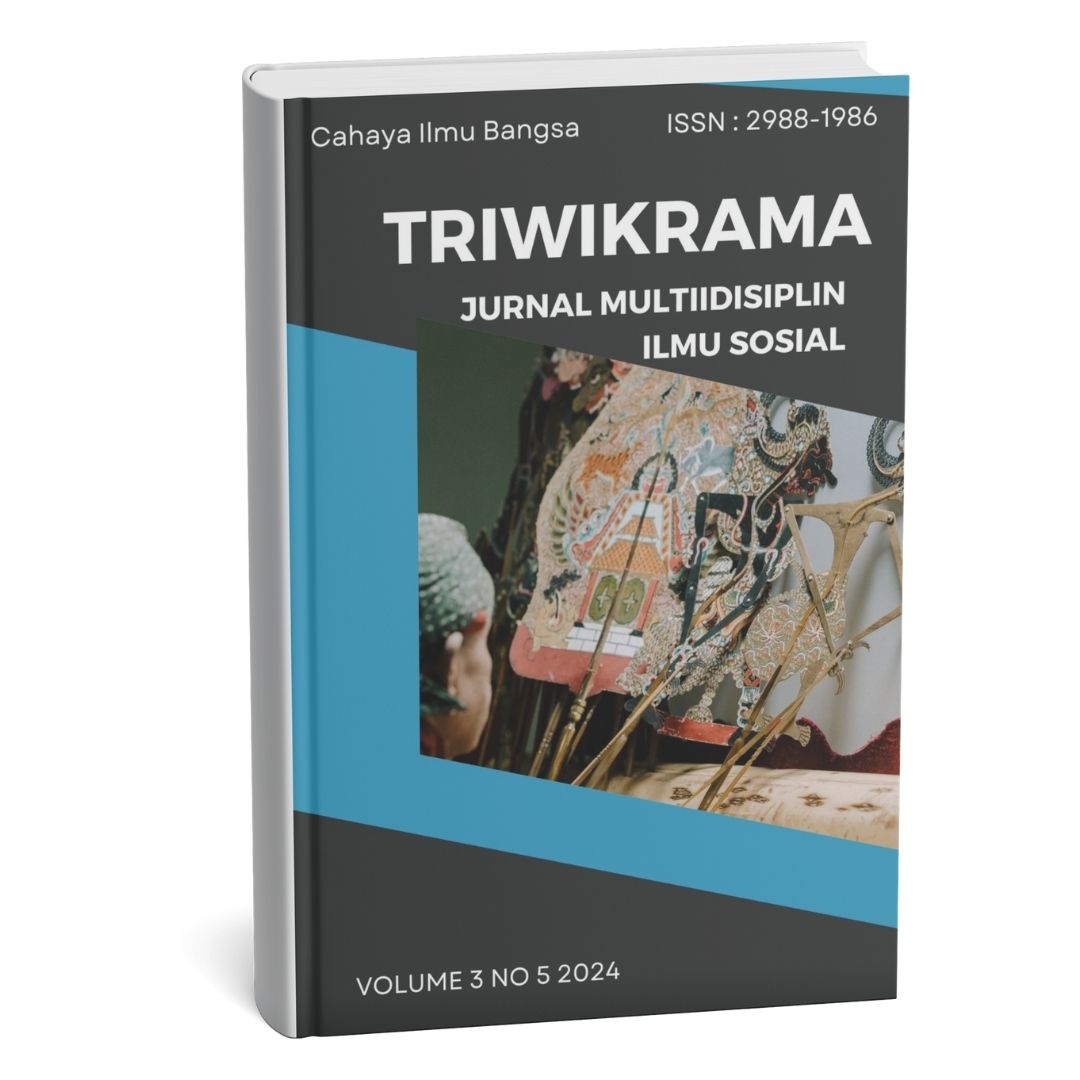DAMPAK KONFLIK PERBATASAN WILAYAH DOKLAM TERHADAP KEAMANAN EKOLOGIS BHUTAN
DOI:
https://doi.org/10.9963/e7vamq39Keywords:
Ecological Security, Bhutan, GNH, BordersAbstract
The research will discuss how conflicting political interests in the border region of three countries, Bhutan, China and India, have an impact on Bhutan's efforts to maintain the country's ecological security. This research aims to analyze the political power gap between the three countries and the threat from the dominant power to the supporting aspects of the commitment to carbon neutrality and environmental protection. The research was conducted through a qualitative method with data collection techniques in the form of literature review which was then analyzed to produce descriptive explanations. The concept of political ecology was used to see the context of interests and political power of each actor. As a result, the border conflict involving Bhutan, China and India is considered to have an impact on Bhutan's efforts to maximize forest areas and seek the development of wildlife reserves in the Sakteng
area.
References
Benjaminsen, T . A., & Svarstad, H. (2018). Encyclopedia of Ecology (B. D. Fath, Ed.). Elsevier
Science.
Chen, E, M., & Jaffe, A. M. (2007). Energy security: Meeting the growing challenge of national
oil companies. Whitehead J. Dipl. & Int'l Rel, 9.
Dharmawan, A. (2007). Dinamika Sosio‐Ekologi Pedesaan: Perspektif dan Pertautan Keilmuan
Ekologi Manusia, Sosiologi Lingkungan dan Ekologi Politik. Sodality, 1(1), 2-37.
Ethirajan, A. (2020, November 25). Why Bhutan's Sakteng wildlife sanctuary is disputed by
China. BBC News.
https://www.bbc.com/news/world-asia-55004196?utm_source=chatgpt.com
Herdiansyah, H. (2019). Pengelolaan Konflik Sumber Daya Alam Terbarukan di Perbatasan dalam
Pendekatan Ekologi Politik. JURNAL HUBUNGAN INTERNASIONAL, 7(2), 143-151.
https://core.ac.uk/download/pdf/478839865.pdf
Kanupriya, G. (2017). Sustainable development and spirituality: A critical analysis of GNH index.
International Journal of Social Economics, 44(12), 1919-1939.
Mardiana, V. (2020). KRISIS DOKLAM DAN KEPENTINGAN NASIONAL INDIA. Review of International
Relations, 2(2), 91-102.
https://journal.uin-alauddin.ac.id/index.php/rir/article/view/17966/10558
Prakoso, H. A., Anwar, V. A., & Malasari. (2024). Relevansi Ide Poin SDG’s dan GNH Dalam
Implementasi Pembangunan Sosial-Ekonomi yang Adil Melalui Sektor Pariwisata di Bhutan.
JURNAL PARTISIPATORIS, 6(1), 73-92.
S, A. (2025, Maret 5). Bagaimana Bhutan Jadi Satu-satunya Negara dengan Emisi Karbon
Negatif? National Geographic Indonesia.
https://nationalgeographic.grid.id/read/134224213/bagaimana-bhutan-jadi-satu-satunya
-negara-dengan-emisi-karbon-negatif?page=all
Sayyidati, A. (2017). Isu Pemanasan Global dalam Pergeseran Paradigma Keamanan pada Studi
Hubungan Internasional. Jurnal Hubungan Internasional, 6(1), 39-45.
file:///C:/Users/user/Downloads/2300-Article%20Text-10436-3-10-20180925.pdf
Tetsuro, M. (2019). Bhutan: environmental education and gross national happiness (gnh).
Primates, 60(2), 103-108.
VoA Indonesia. (2022, 1 18). Pembangunan China di Himalaya Meluas ke Perbatasan Sengketa
dengan Bhutan. VoA Indonesia.
https://www.voaindonesia.com/a/pembangunan-china-di-himalaya-meluas-ke-perbatasa
n-sengketa-dengan-bhutan/6401476.html
Downloads
Published
Issue
Section
License

This work is licensed under a Creative Commons Attribution-NonCommercial-ShareAlike 4.0 International License.










